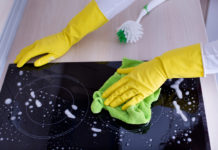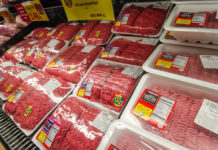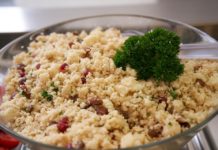Many people think that pasta is extremely easy to cook. However, it is clear that it is not that simple. Indeed, many people manage to miss this dish which, at first sight, seems so easy to cook. Giovanni Rana – pasta maker and founder of the brand La Famiglia Rana – and his daughter-in-law Antonella, have revealed all their secrets for eating delicious pasta. From the cooking time to the exact amount of sauce, experts have revealed the common mistakes people make with pasta – and how to avoid them.
1. Pasta al dente
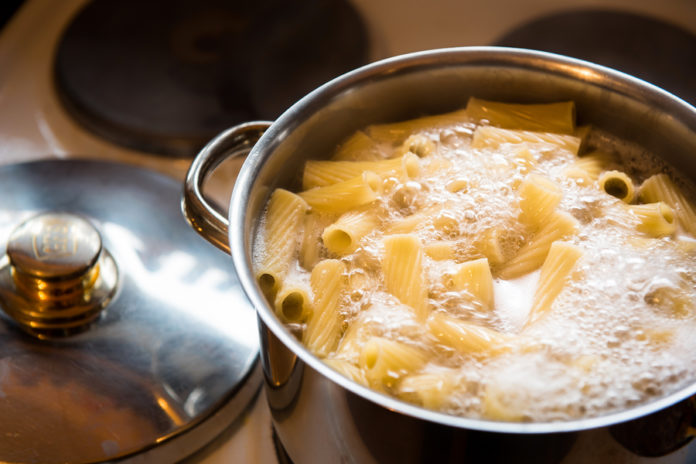
The first subject Antonella addressed was pasta al dente: “There are many urban legends about pasta al dente, but in Italy, not everyone likes pasta al dente.” “[…] Fresh pasta is faster to cook. They only require two minutes of cooking time.” Antonella goes on to say: “I love draining pasta 15 seconds before the cooking time… so we don’t overcook.”
2. Drain the pasta
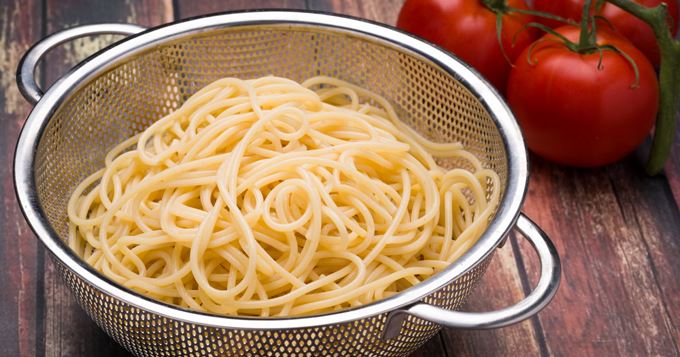
Antonella drains the pasta 15 seconds before the complete cooking time. The pasta specialist also advised flavoring the pasta with just a dash of extra virgin olive oil and a dash of Parmigiana Reggiano – especially when it comes to tortellini.
3. Tomato sauce
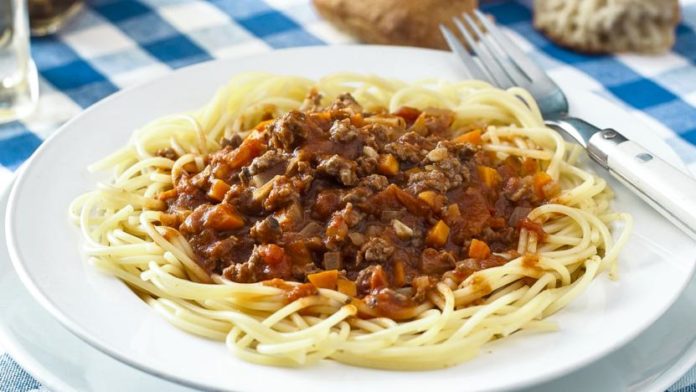
If you need to add sauce, a small spoon is recommended. “As Italians, we try not to overcover our pasta with sauce,” she explains.
4. Ketchup is no!
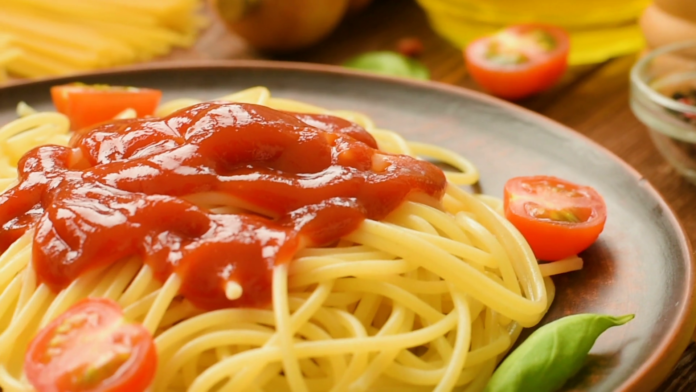
Go easy on the tomato sauce and never add ketchup. You should also choose extra virgin olive oil – as opposed to olive oil only – and a specific type of cheese is crucial to make your pasta a success.
“When you buy extra virgin olive oil, it means that they have only pressed the olives once,” says Antonella.
“Always buy Parmigiana Reggiano in one whole piece where you can see the crust and the stamp. Never buy it grated, because you’ve already lost half its flavor.”
5. Pay attention to the seasoning
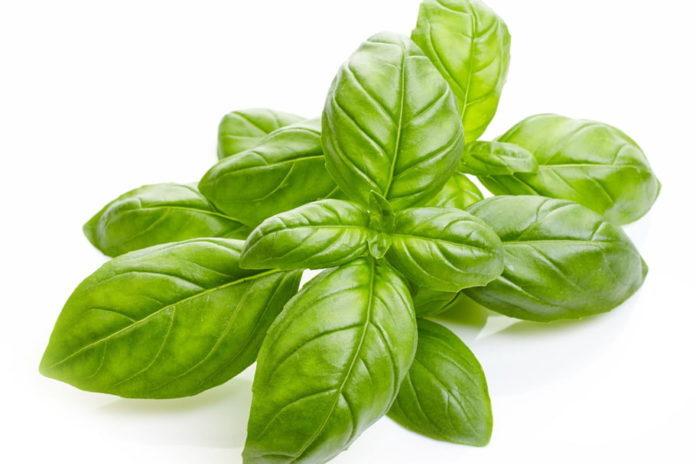
When it comes to seasoning, you will need two types of salt – rock to put in water during cooking and flakes to season.
Antonella also explains that a few basic herbs will perfectly complement your dish: “The last basic element is fresh herbs like basil, thyme, and chives,” she says.
“I think that when you cook with fresh herbs[washed and chopped] coarsely, your dish already gains in flavor.”










